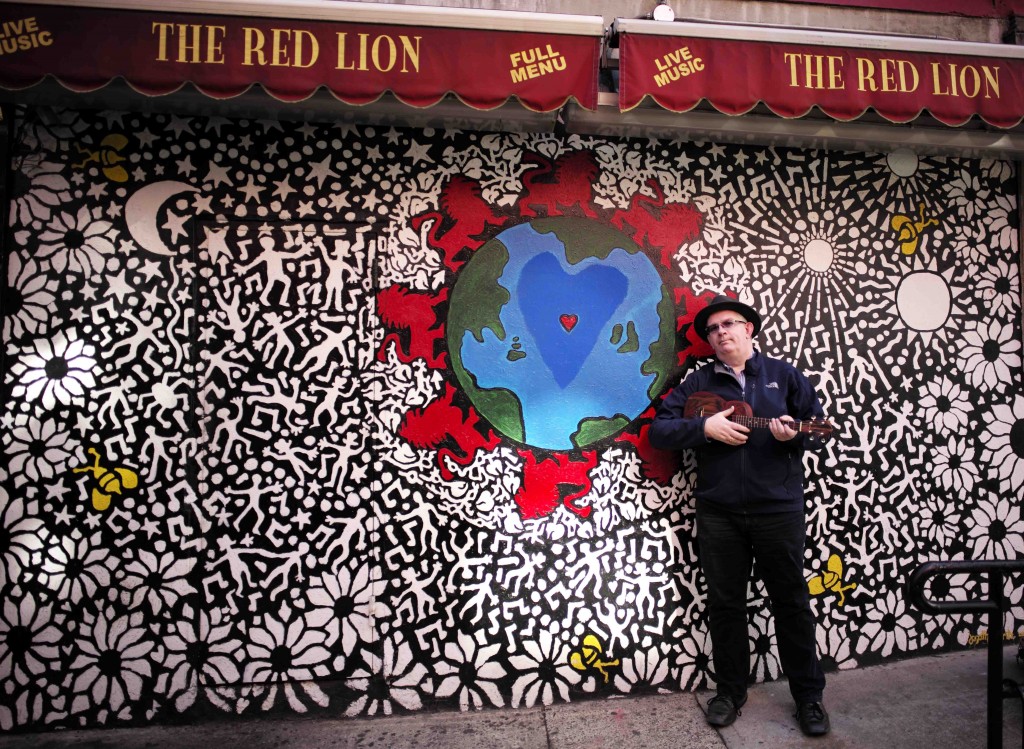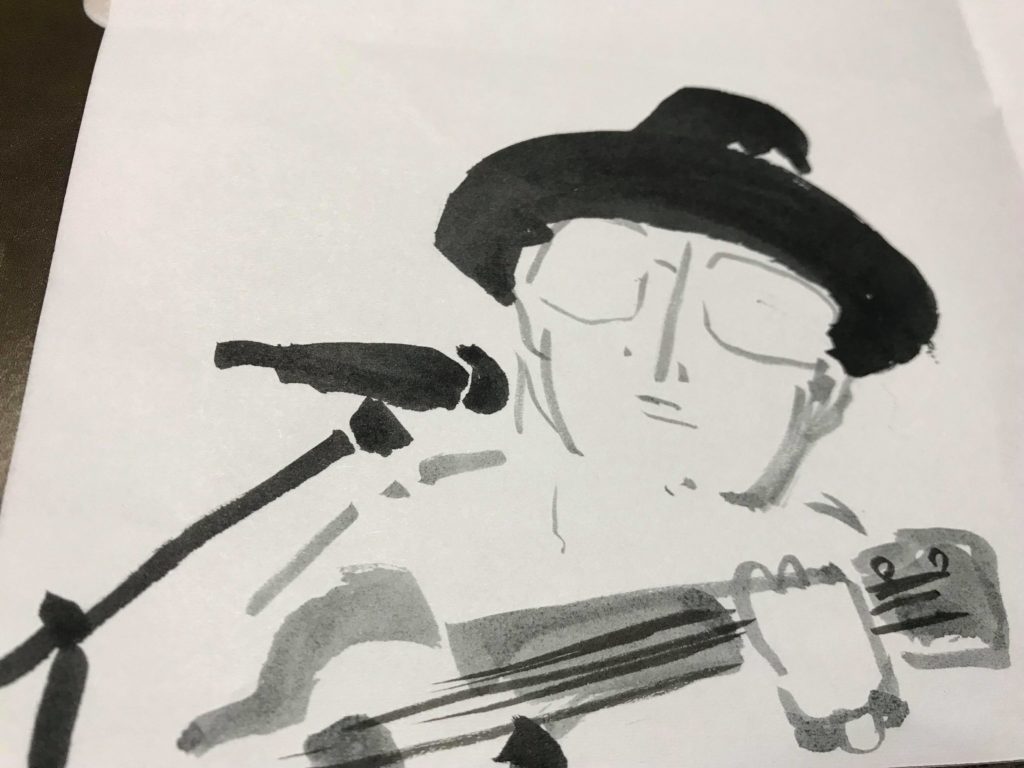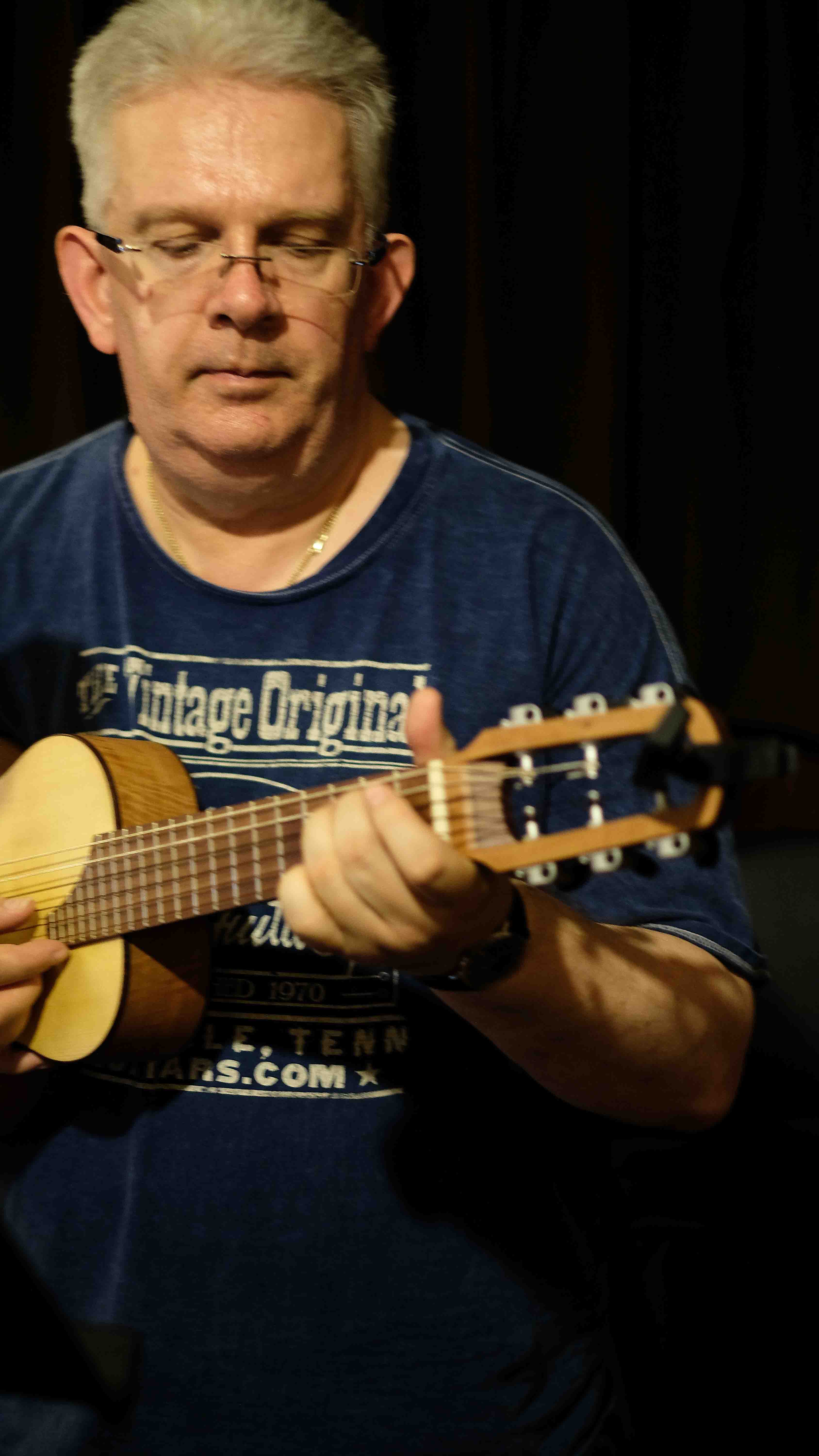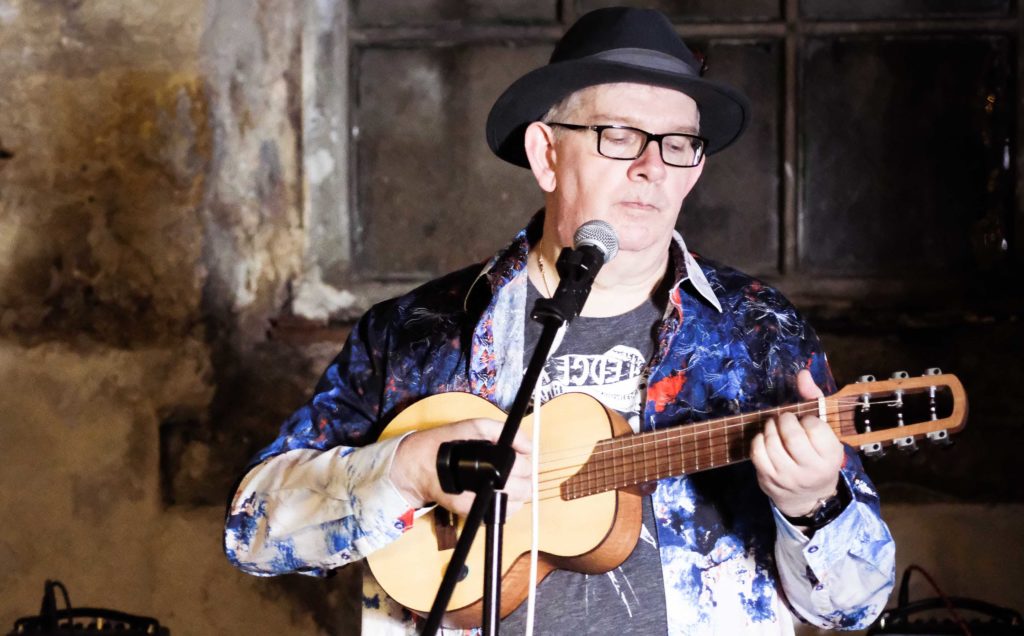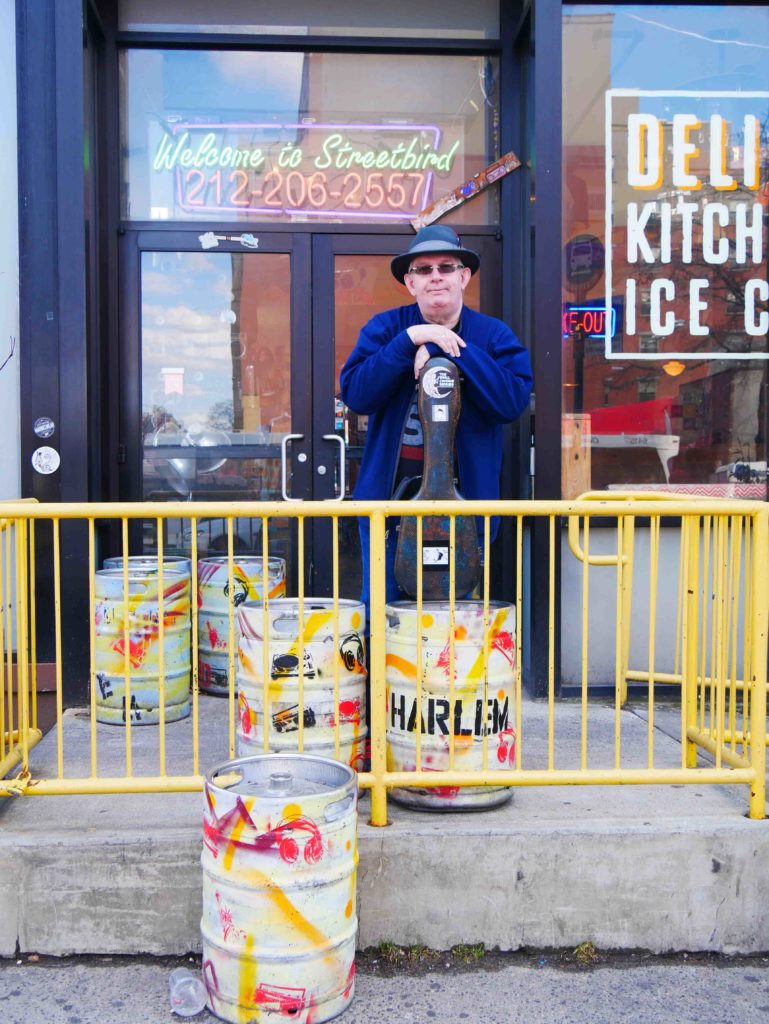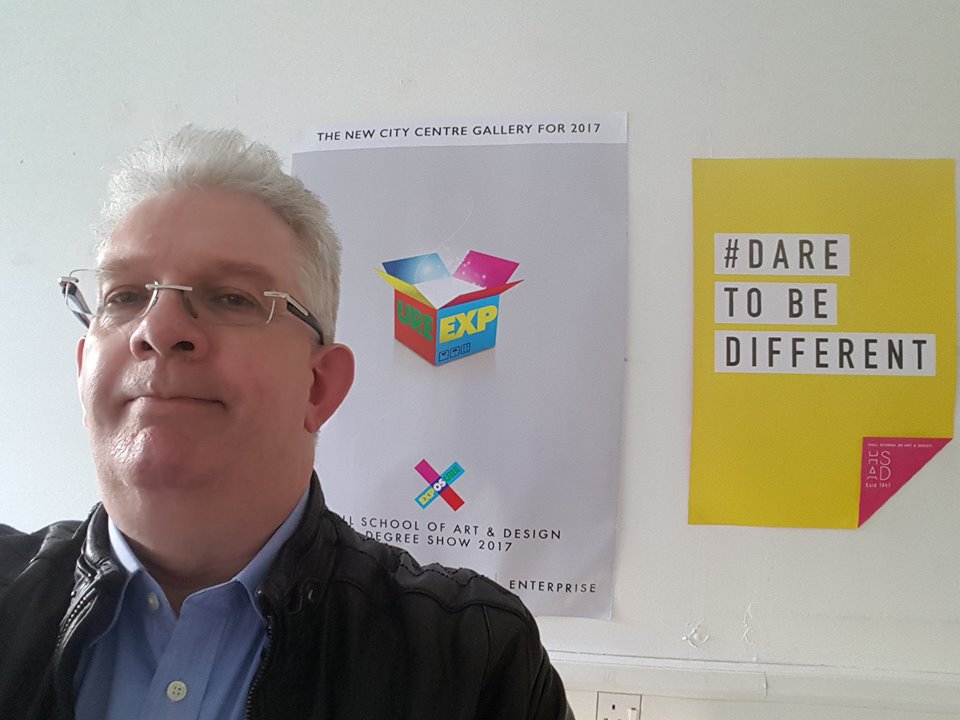One of the major challenges for many musicians is to balance time and money in music to maintain predictable income. I have often blogged about the hyped expectations created in music colleges and with online talent shows. Yes, these can inspire aspiring artists to follow a path in music, but often the expectations are at least ambitious and often totally delusional.
Of course professional musicians know this only too well and the need to maintain this tricky balance and its not an easy task. The same challenge exists for authors. Many expect to be the next JK Rowling, failing to realise that that’s pretty unlikely. I’m lucky to be able to fund all music projects from other unrelated work and this gives me total independence in what I do. My other work across USA, Asia and Europe has taken 12 years to develop and an enormous amount of focussed work and networking. I would hate the idea of having to shift X amount of products or merch in order to pay the monthly mortgage or buy food for the cats. This is exactly why many aspiring and professional musicians maintain different income streams to balance the books.
Predictable Income
I remember reading back in the 1970s that Tom Verlaine when releasing his classic Television Marquee Moon album, still worked part time in the local bookstore. Many working musicians also teach privately knowing the importance of diverse income streams in this uncertain economic times and god only knows what will happen in the UK post brexit. That said, there are still opportunities to generate income and smart thinking artists appreciate that monies are no longer going to come from physical products as in days gone by.
I was talking to Tim Booth, lead singer for the band James at one of our regular 1990s Leeds United football match meet ups, about how they made way more money from merch than from music. Twenty five years later we discussed the changing world of the music business. This gave me a whole new insight into “the music business” and why I would never want a record contract and/or to work for a record company. It all looks so glamorous from the outside, but those working as professionals know just how much work is required to earn even a reasonable living.
Self Funding?
I’m a big fan of self funding and literally putting my money where my mouth is. At times it reminds me of an old Blackadder joke –
“I feel like a penguin, everywhere I look there’s a bill in front of me!”
I’ve never used Kickstarter or similar fan funding platforms, and artists have had variable experiences. A local music college gives the following advice
Set an achievable goal, but factor in the additional costs of any rewards given (physical costs involved, shipping, transaction fees) – work out your net income and what this allows you to achieve.
Time and time again musicians forget to factor
this in and eventually lose money on any crowdfunding campaign.
- Leverage your network – ask your friends and family before asking more widely, it’s easier to gain support from your fan base towards your final target total rather than at the very beginning. People want to help you get over the line, not to it.
- Keep your campaign page updated regularly – fresh content keeps it interesting and demonstrates that you care about those who back you.
- Offer rewards to both existing fans and potential new supporters – crowdfunding is the ideal opportunity to increase your fan base and help create a deeper relationship with existing ones.
- Keep engaging with supporters after the project is funded – it’s a relationship, not a transaction. You’ll reap the benefits if you value your fans long term.
All common sense advice, BUT there are so many artists seeking funding in this way its like watching daytime TV where the audience is bombarded with adverts for charitable causes. The challenge is to balance maintaining your own creative voice and also be able to pay the bills. A lot of new musicians have great enthusiasm but lack essential business skills and imagine a manager or promoter is going to do all the work for them I talked to one manager who was closely aligned to a music label for many years as well as being an artist in his own right. He told me he’d been approached by a new female artist for management and pointed out that for his 10% to be viable, she’d need to generate many times that amount and that was (I’m being polite) somewhat unrealistic.
My own policy 2 Strikes, then move on…
I have a policy of carefully noting how people respond to any opportunities I offer. I’ll usually offer something a couple of times and if a person doesn’t respond then I’ll not offer a third time. Its nothing personal, but if they don’t see the value I don’t really want t invest in time convincing them.
Sometimes I am astonished at how people miss great chances presented to them n a plate. I’ve had artists fail spectacularly to deal with their own online presence and even fail to secure a domain name for their own artist name. They totally miss “the elusive obvious” and not amount of enthusiasm or aspiration makes up for good strategic thinking.
I am currently developing two big platforms for promoting music. To my amazement a few of the artists I have invited ave been incredibly slow in responding (its free publicity) or in one case rearranged meets 3 time! My biggest pet hate is doing a bucket of work and then asking for feedback or a date to meet to discuss and hearing NOTHING! I appreciate that many folks consider themselves “busy” but I suspect their idea of busy may well be different to mine, but then I did work in a marketing sector for 14 years where you lived or died by meeting strict deadlines and we often worked 7 – 6pm with virtually no breaks!
Ok, without sounding like some ranting old fella, these days its mostly a 2 strikes policy and then move on as I only have a certain amount of time available. If someone is busy and they send a note “Let me get back to you” that’s fine because at least we have some communication in play.
Conclusion
There’s no magic wand to balance time and money investments in music. I’m regularly evaluating “risk v reward” in terms of my own projects. Sometimes as my old mentor would say “That dog ain’t never gonna hunt” about a particular project. What I have learned to date is to gather together the best creative team and work with like minds. The same goes for working with musicians. Finding talented and reliable people is often tough and its useful to cut loose anyone who is not a good fit either musically or business wise.
Managing time is essential and this means working long hours, but also working smart and not spending time on activities that don’t return a creative or financial return. Its not just about money, but any artist that takes their eye of the ball financially is at some point going to have a major problem. The smartest individuals have diverse income streams and are constantly reviewing how they best spend their time. Its easy to be extremely busy, but unproductive. I love writing and recording music and do it mostly for the love of the experience. Its been a fascinating journey to date and has allowed me to meet many amazing people from all over the globe.
